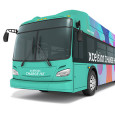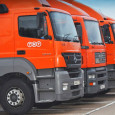
Meal kits have found a place in the marketplace because they make home cooking easy and convenient. But they have a higher environmental footprint than traditional grocery shopping. A new zero waste approach by Fresh Prep allows customers to enjoy the convenience of meal kits while being sustainable, all without added costs.




